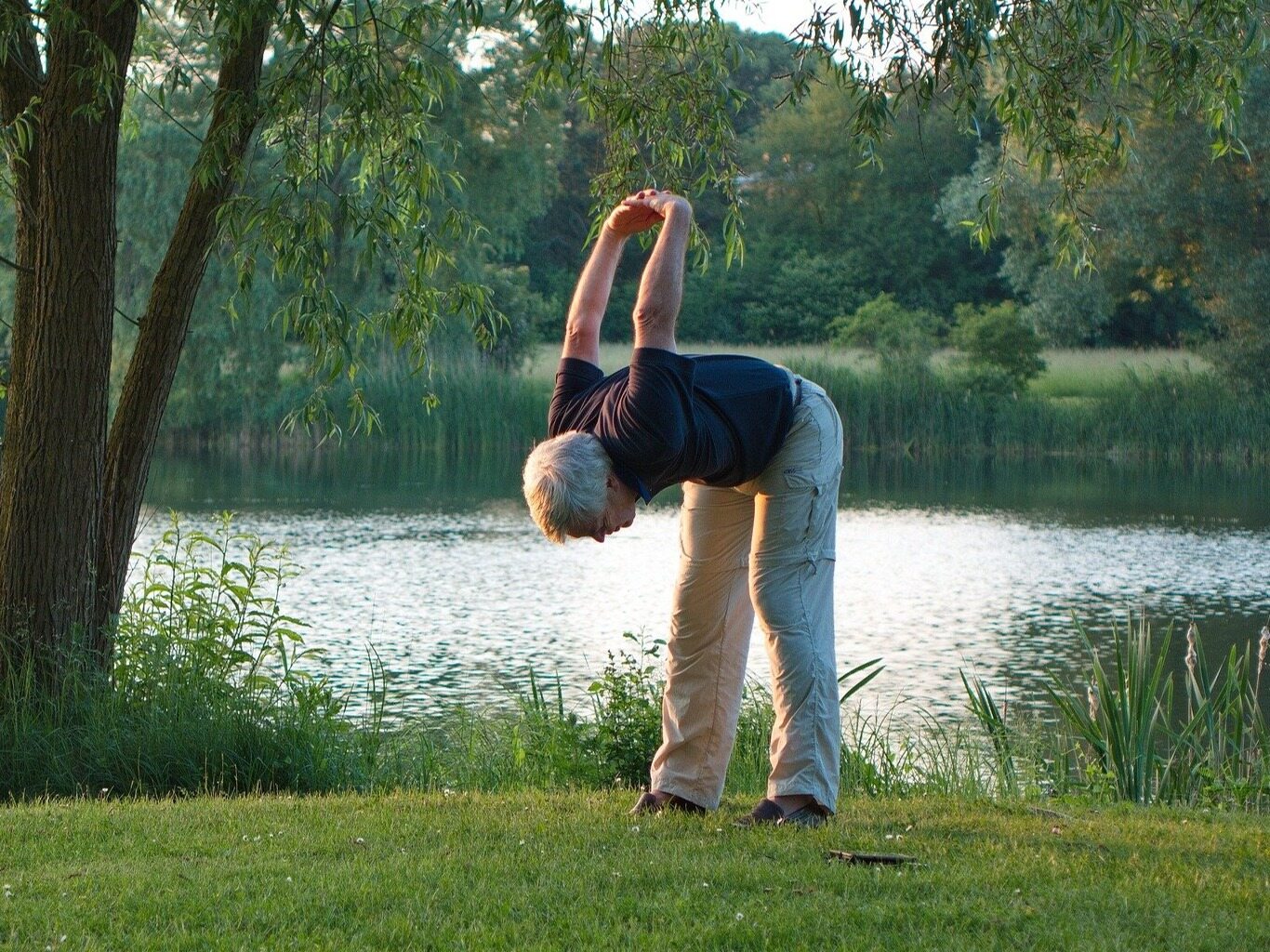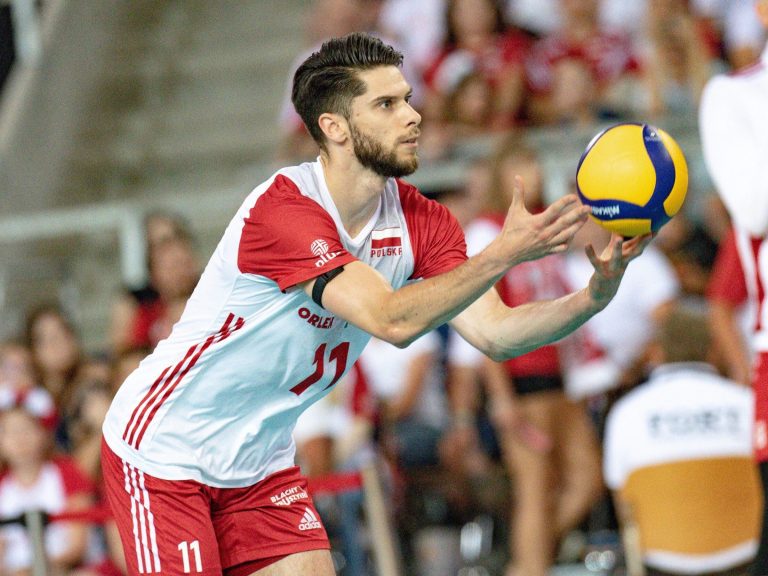“It’s not appropriate at my age.” This is how Polish seniors avoid exercise

The physical activity of Poles decreases with age. The excuse is age, lack of fitness or illness. Such thinking leads to a vicious circle, because the less exercise, the more health problems.
76 percent seniors in Poland do not undertake any physical activity even once a week – according to the MultiSport Index 2023 study. Meanwhile, the World Health Organization (WHO) recommends that people over 65 years of age engage in at least 2.5 hours of moderate-intensity physical activity a week. Three quarters of people do not comply with this. Effect? Seniors get sick and feel bad.
Why don’t seniors want to move?
Among non-exercising seniors, more than half are people declaring that their lack of physical activity is due to illness. Every fifth inactive senior is prevented from activity by an injury, and every tenth indicates a lack of motivation to exercise. The most common excuses, according to the “You Can’t See It by Me” Foundation, are: “It’s not appropriate at my age”, “I don’t have the strength”, “I don’t feel like it”, “It’s not for me anymore”. Meanwhile, the example of the inhabitants of the Land of the Rising Sun shows that the more exercise in the daily schedule, the longer life experience. The Japanese not only live the longest in the world, but they are in great shape. They are helped by daily moderate exercise, yoga, but also “radio taiso”, i.e. simple “radio exercises” performed to the rhythm of music. They include, among others: torso twists, squats, jumps, circular hand movements. In Poland, nearly 20 percent of active seniors admit that they like gymnastics and physical activities. However, their activities include walking and cycling.
What diseases do seniors suffer from lack of exercise?
The lack of physical activity among seniors worries Iwona Piątkowska, PhD in physical culture in the field of biomedical sciences.
“Today, the greatest health threats are cardiovascular diseases, cancer and dementia, including Alzheimer’s disease. Diet-related diseases resulting from eating foods that are high in calories and low in nutrients are also becoming an increasing burden on the health service. Physical activity has a positive effect on the heart and blood vessels, we also know that it has a protective effect on the brain and delays the appearance of symptoms of Alzheimer’s disease, and also contributes to the prevention of selected types of cancer, e.g. colorectal cancer.– says Dr. Iwona Piątkowska.
Why should seniors play sports?
Seniors who are physically active, sleep better, are in better mental shape, and forget less often. Moreover, in seniors, an active lifestyle helps prevent falls-related injuries, which are dangerous at this age. According to Dr. Piątkowska, a significant problem among older people is also systematically decreasing muscle mass.
“One of the common reasons for hospitalization of older people is the so-called “hip fracture”. It is associated with reduced bone mass, but also with excessively weakened muscles, which do not provide proper stabilization to the joints and the body – balance. In the event of a fracture, after long immobilization, they do not allow the recovery of strength that would enable regaining independence.– comments Dr. Iwona Piątkowska.
Activity promotes the integration of seniors
According to psychologist Joanna Mikołajczyk, an additional benefit of an active lifestyle for seniors is a significant reduction in the sense of loneliness that more and more people in this age group struggle with. This is also confirmed by research published in Geriatric Nursing – physical activity is associated with a lower likelihood of social isolation. For seniors who exercise moderately, this risk drops by 31 percent.
Seniors should include sport in their daily schedule as often as possible, especially since – according to WHO – by 2030, half a billion people will suffer from heart disease, obesity and diabetes.






